How does a Java if statement work when it has an assignment and an equality check OR-d together??
public static void test() {
boolean test1 = true;
if (test1 = false || test1 == false) {
System.out.println("TRUE");
} else {
System.out.println("FALSE");
}
}
Why is this printing FALSE?
